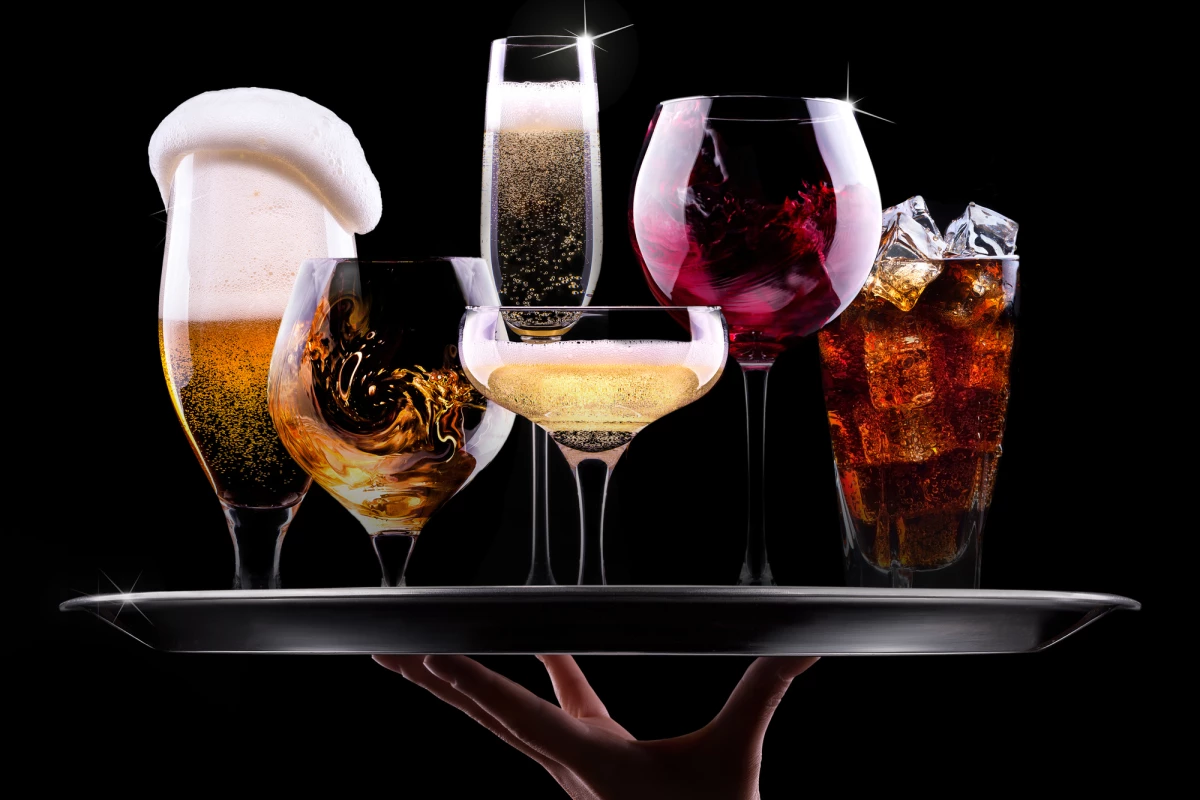A new study has found, for the first time, that consuming beverages that taste like beer or cocktails but contain no alcohol can significantly reduce alcohol intake. Replacing alcoholic beverages with non-alcoholic ones may be an effective strategy for helping excessive drinkers cut back on the booze.
Excessive alcohol consumption is a global public health issue. Excessive drinking can cause health problems like high blood pressure, heart disease, stroke and liver disease, as well as contributing to serious societal issues like traffic accidents and domestic violence.
There’s been a boom in non-alcoholic beverages in recent years: beers, wines, spirits and cocktails that taste like the real thing but contain no alcohol. But do they have any effect on alcohol intake? A new study by researchers at the University of Tsukuba in Japan suggests that they do.
The researchers recruited 123 participants who were aged 20 or older and classified as ‘excessive drinkers’; that is, they drank on four or more days per week, consuming at least 40 g for men or 20 g for women on each of the days. People with alcoholism and/or a history of liver disease were excluded.
Participants were divided randomly into intervention and control groups. In the intervention group, non-alcoholic beverages were provided once every four weeks for 12 weeks, and the number of alcoholic and non-alcoholic beverages consumed was recorded in a drinking diary for up to 20 weeks. The primary endpoint for the study was the change from baseline in total alcohol consumption during the past four weeks, measured at week 12.
While a ‘standard drink’ is a measure of alcohol consumption representing a fixed amount of pure alcohol, it should be noted that there’s no international consensus on what a standard drink is. For example, in Australia, it's 10 g of alcohol, in the US, it’s 14 g; and in the UK, it’s 8 g. In Japan, where the current study was conducted, a standard drink contains 10 g of pure alcohol.
The median baseline alcohol consumption was 996.0 g in the intervention group and 887.5 g in the control group, indicating no significant difference. The researchers found that, at week 12, the change in alcohol consumption was –320.8 g in the intervention group compared with –76.9 g in the control. Alcohol consumption at that time was, on average, reduced by 11.5 g per day, a little more than a standard drink.
Interestingly, at week 12 the control group displayed reduced alcohol consumption of 2.7 g per day on average, which the researchers attributed to having to account for their drinking by keeping a drinking diary.
However, the researchers observed that the changes in alcoholic and non-alcoholic consumption gradually weakened after week 8, and they found no significant correlation between them at week 20, where alcohol consumption was –276.9 g in the intervention group and –126.1 g in the control group. Although they could find no clear reason for this, they hypothesize that it was due to the participants’ consuming all the available non-alcoholic beverages. Further studies are needed to clarify this hypothesis.
Nevertheless, the researchers say that the reduction in alcohol consumption in the intervention group, still observed at week 20, eight weeks after the intervention ended, suggests that a “certain degree of behavioral modification may have occurred.” That, they say, “is considered beneficial in terms of public health.”
The study's findings suggest that providing non-alcoholic beverages may be a strategy for reducing alcohol consumption in people who drink excessively.
The study was published in the journal BMC Medicine.
Source: University of Tsukuba





